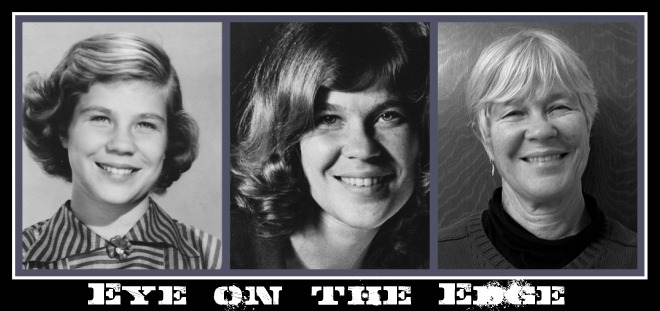 |
| Me in 1943 |
Probably the biggest changes can be traced to two sources, the first being the number of people on the planet today, versus when the picture was taken: more than three times as many. Before the current year ends, the world will have seven billion human inhabitants. I found this graph on Wikipedia:
When that picture was taken, I would bet that many adults believed that, with the wealth of the world today, hunger would be a thing of the past. I know I did when I was growing up. But who could have guessed then at how much greed and avarice would run things? Certainly not me. I truly believed that our better nature would prevail.
The other big change in our world has been caused by the huge advances in technology. Without even thinking about it, I googled the web to find the statistics and graph I used in this post, and without a thought of the amazing nature of this, I have at my fingertips all the facts and figures anybody could wish for. Kids born today don't know a world without cellphones and instant messaging; they know how to "keyboard" before they can talk. Yesterday, Leo at my local coffeeshop begged me to take out my iPad so he could look at pictures. He swiped his finger across the screen confidently to change from one picture to the next. He's not even three years old yet. What will the world be like when he's my age?
This has been on my mind lately, since I've been mulling over the creation of an "epitaph" post: one I write and give to my Life Partner so that, in case of me expiring suddenly or unexpectedly, all my followers will not be left to wonder what happened to me. Somebody gave me the idea of writing this as a sort of Living Will for my two blogs. If you have ever tried to think of what you would write in this situation, trust me: it's quite a useful meditation. I have only just begun the process, and it may take me a while, but I will have written it all out one of these days. And in the process, I'll learn something.
Years ago, when I was a Hospice volunteer, we were given a similar exercise: to give a memorial statement about my life at my own funeral. I remember doing it, and somewhere in my things I believe I still have it. I'll try to dig it up and see what I said back in the 1980s about who I thought I would be by the time I died. At that place in life, I didn't know Smart Guy, hadn't started skydiving, and Chris was alive and well. So I suspect it would be quite different from what I will write these days. I'll let you know how it goes.
Hopefully this post will not be depressing, but it's what is on my mind as I sit here in the dark, listening to the wind and rain blustering outside. Every once in a while a gentle breeze blowing through the window caresses my face. The state of the world might be scary in the aggregate, but right here right now, it feels just right.






